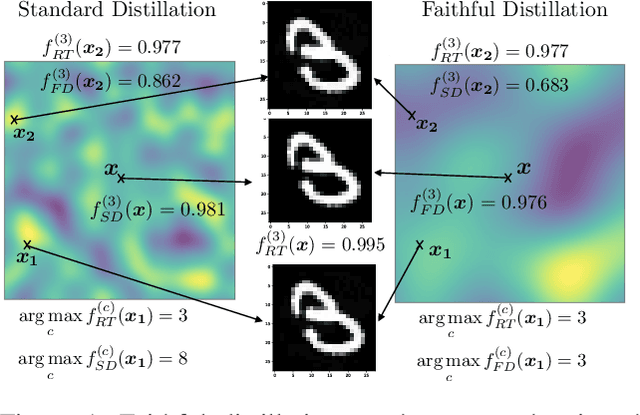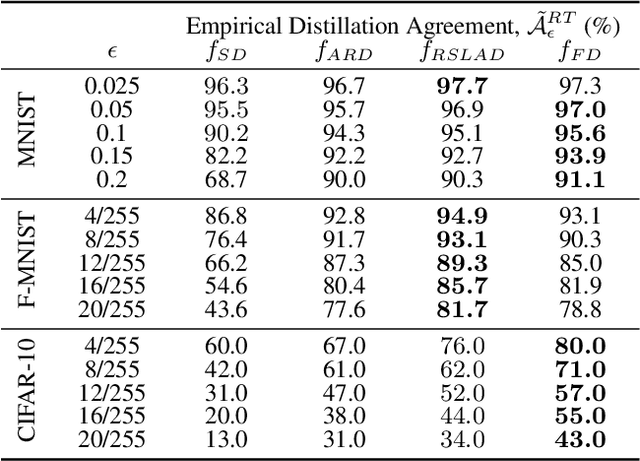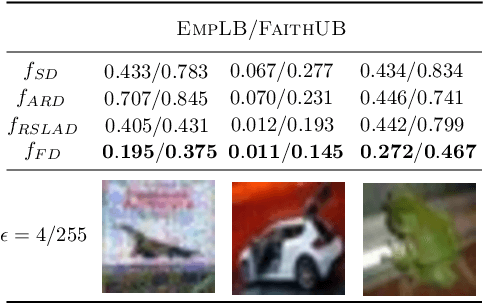Krishnamurthy DJ Dvijotham
LLMs for Literature Review: Are we there yet?
Dec 15, 2024



Abstract:Literature reviews are an essential component of scientific research, but they remain time-intensive and challenging to write, especially due to the recent influx of research papers. This paper explores the zero-shot abilities of recent Large Language Models (LLMs) in assisting with the writing of literature reviews based on an abstract. We decompose the task into two components: 1. Retrieving related works given a query abstract, and 2. Writing a literature review based on the retrieved results. We analyze how effective LLMs are for both components. For retrieval, we introduce a novel two-step search strategy that first uses an LLM to extract meaningful keywords from the abstract of a paper and then retrieves potentially relevant papers by querying an external knowledge base. Additionally, we study a prompting-based re-ranking mechanism with attribution and show that re-ranking doubles the normalized recall compared to naive search methods, while providing insights into the LLM's decision-making process. In the generation phase, we propose a two-step approach that first outlines a plan for the review and then executes steps in the plan to generate the actual review. To evaluate different LLM-based literature review methods, we create test sets from arXiv papers using a protocol designed for rolling use with newly released LLMs to avoid test set contamination in zero-shot evaluations. We release this evaluation protocol to promote additional research and development in this regard. Our empirical results suggest that LLMs show promising potential for writing literature reviews when the task is decomposed into smaller components of retrieval and planning. Further, we demonstrate that our planning-based approach achieves higher-quality reviews by minimizing hallucinated references in the generated review by 18-26% compared to existing simpler LLM-based generation methods.
BigDocs: An Open and Permissively-Licensed Dataset for Training Multimodal Models on Document and Code Tasks
Dec 05, 2024



Abstract:Multimodal AI has the potential to significantly enhance document-understanding tasks, such as processing receipts, understanding workflows, extracting data from documents, and summarizing reports. Code generation tasks that require long-structured outputs can also be enhanced by multimodality. Despite this, their use in commercial applications is often limited due to limited access to training data and restrictive licensing, which hinders open access. To address these limitations, we introduce BigDocs-7.5M, a high-quality, open-access dataset comprising 7.5 million multimodal documents across 30 tasks. We use an efficient data curation process to ensure our data is high-quality and license-permissive. Our process emphasizes accountability, responsibility, and transparency through filtering rules, traceable metadata, and careful content analysis. Additionally, we introduce BigDocs-Bench, a benchmark suite with 10 novel tasks where we create datasets that reflect real-world use cases involving reasoning over Graphical User Interfaces (GUI) and code generation from images. Our experiments show that training with BigDocs-Bench improves average performance up to 25.8% over closed-source GPT-4o in document reasoning and structured output tasks such as Screenshot2HTML or Image2Latex generation. Finally, human evaluations showed a preference for outputs from models trained on BigDocs over GPT-4o. This suggests that BigDocs can help both academics and the open-source community utilize and improve AI tools to enhance multimodal capabilities and document reasoning. The project is hosted at https://bigdocs.github.io .
Faithful Knowledge Distillation
Jun 08, 2023



Abstract:Knowledge distillation (KD) has received much attention due to its success in compressing networks to allow for their deployment in resource-constrained systems. While the problem of adversarial robustness has been studied before in the KD setting, previous works overlook what we term the relative calibration of the student network with respect to its teacher in terms of soft confidences. In particular, we focus on two crucial questions with regard to a teacher-student pair: (i) do the teacher and student disagree at points close to correctly classified dataset examples, and (ii) is the distilled student as confident as the teacher around dataset examples? These are critical questions when considering the deployment of a smaller student network trained from a robust teacher within a safety-critical setting. To address these questions, we introduce a faithful imitation framework to discuss the relative calibration of confidences, as well as provide empirical and certified methods to evaluate the relative calibration of a student w.r.t. its teacher. Further, to verifiably align the relative calibration incentives of the student to those of its teacher, we introduce faithful distillation. Our experiments on the MNIST and Fashion-MNIST datasets demonstrate the need for such an analysis and the advantages of the increased verifiability of faithful distillation over alternative adversarial distillation methods.
 Add to Chrome
Add to Chrome Add to Firefox
Add to Firefox Add to Edge
Add to Edge